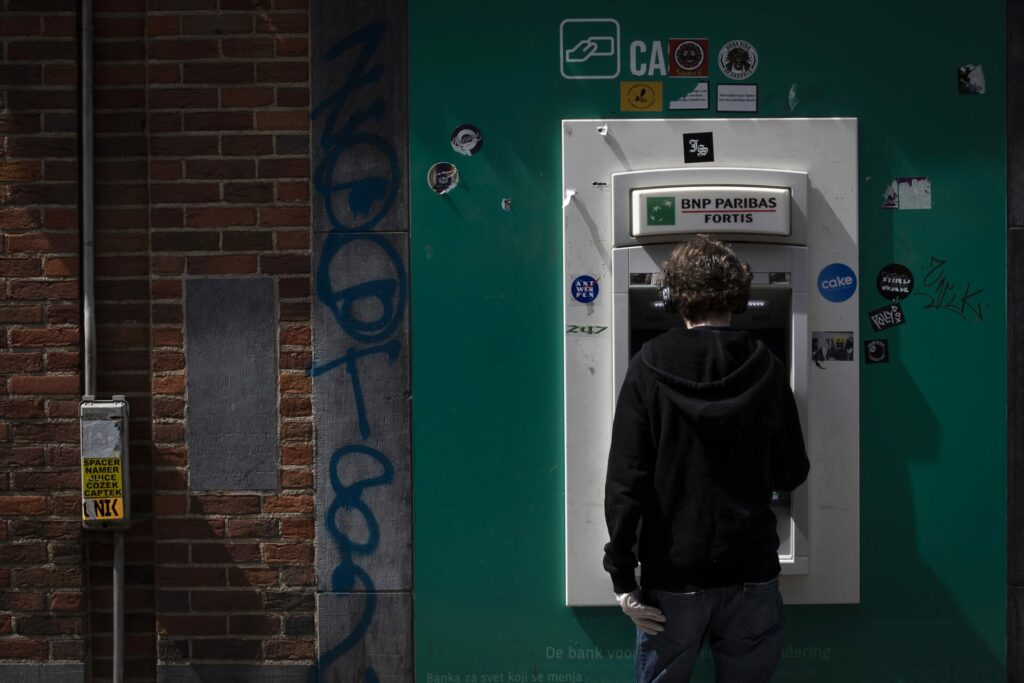Despite the war in Ukraine, rising economic pressures, and the difficult financial conditions for households and companies alike, Belgian banks appear largely unscathed.
In total, the major banks made more than €3 billion in profits in the first half of this year – just €160,000 less than the same period last year, Belgian newspaper De Standaard reports. Major banks have been boosted by the European Central Bank’s (ECB) decision to raise interest rates in a bid to curb rampant inflation.
High inflation is certainly bad news for banks, with many in Belgium now undertaking massive cost-saving operations, making senior officials redundant and replacing them with cheaper hires, as well as closing many bank branches.
The decision of the ECB means that borrowing will now be more expensive for consumers, reducing the supply of cheap credit and driving down inflation. Increased borrowing rates are ultimately a net positive for the banks which can boost profits from interest, their main source of revenue.
Related News
- Belgian companies brace for ‘economic time bomb’ over energy prices
- War in Ukraine continues to impact Belgian economy
The effect of increased interest rates will only be compounded in coming months as banks replace attractive borrowing rates with more expensive lending agreements. Belgian banks are generally postponing the switch to higher interest rates on savings, as these rates will apply to existing and new savings alike.
Major Belgian banks also make significant profits from managing investment funds and assets. Yet this source of revenue has been under pressure with market turbulence since the start of the war in Ukraine leading to a fall in equity markets, ultimately reducing revenue from commissions and fees.
Belgian banks fare well
Nevertheless, Belgian banks have generally performed well in the first six months of 2022. Despite the war in Ukraine, banks continue to lend heavily and have managed to increase their revenues.
Belgium’s largest bank, BNP Paribas Fortis, increased its loan portfolio by 14.4% this year. It equally raised its residential loan portfolio by 18.1%.
Fortunately for Belgian banks, the credit crisis that was predicted at the start of the year has failed to materialise. For now, most companies are keeping up with their payments, passing on their costs to the customer.
Preparing for a difficult winter
Banks are preparing for what could be an extremely difficult winter, marked by energy shortages and a potential recession. They expect the second half of this year to see increased credit losses.
Government taxes also weigh heavily on the Belgian banking sector. Bank levies accounted for around 13.7% of the operational costs of KBC bank, or around €350 million. At KBC, these taxes account for €608 million.
European banks continue to innovate and find new ways of making profit. BNP Paribas subsidiary Arval has noted an explosion in profits from the lease of corporate vehicles, with the pre-tax profits from leasing increasing by 64% to €965 million across Europe. This trend has most likely been replicated in Belgium, where the vehicle leasing sector has been traditionally strong.

